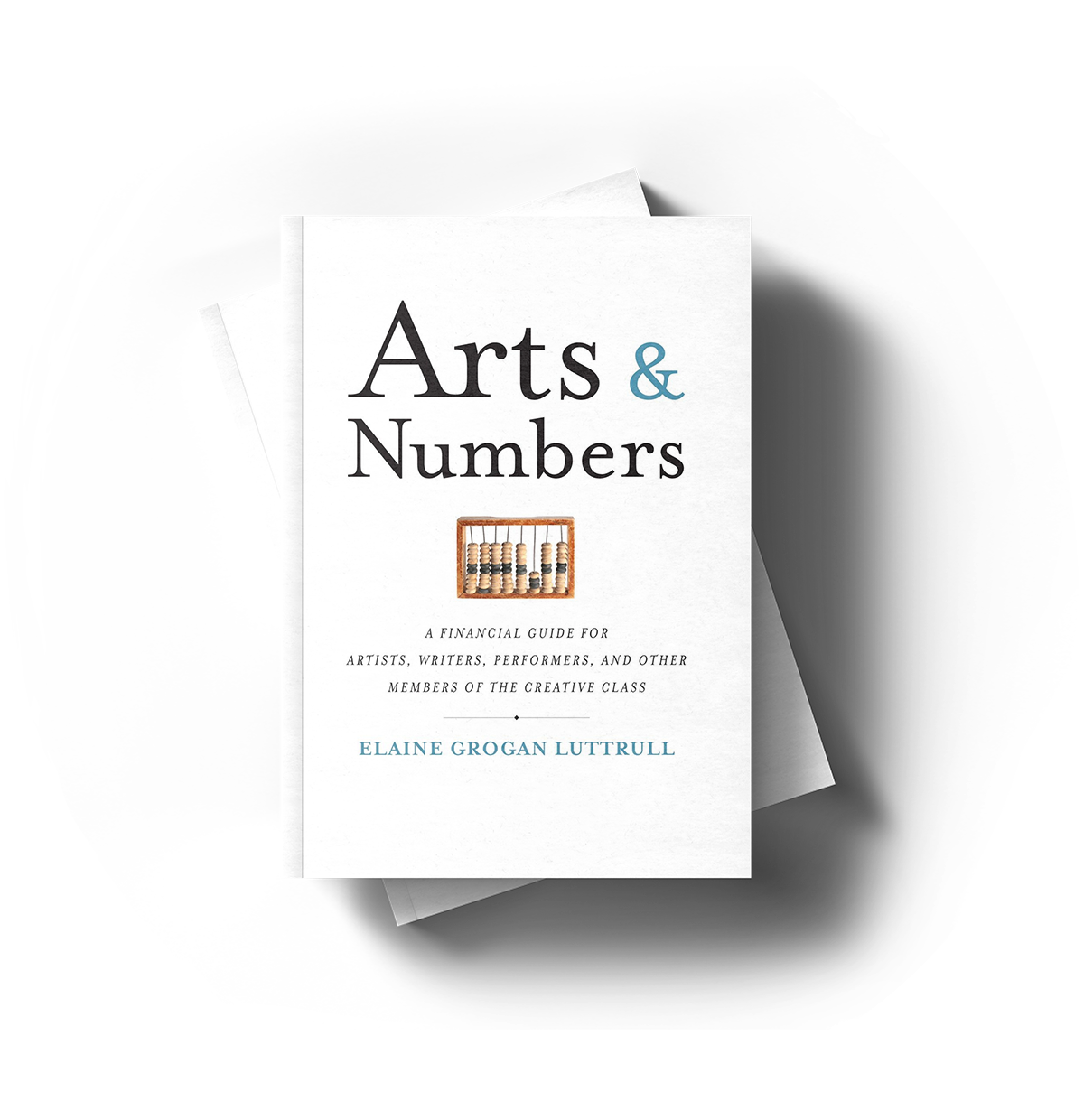June 21, 2013 • Musings

It hardly seems necessary to run a poll to derive this fact: Younger adults are opposed to paying sales tax on their online purchases. Nevertheless, Gallup’s recent poll on the subject found just that.
Many that fall into the nebulous “younger adult” category came of age in a world where technology was a given and where the access to information, art, music, friends, and non-friends was assumed, rather than questioned or celebrated. As a slightly older adult, I remember vehement debates in dorm rooms about Napster and whether it was helping or hurting the artists to access music freely. The debate continues, even as iTunes raises the price of downloads, the Wikileaks saga unfolds (and spurns new sagas), and my students and audience members struggle to price their work.
But simply assuming that younger adults simply want what they want when they want it without paying more for it is too simplistic. These same younger adults are more socially conscious and aware than their older brethren, and they are smart and insightful. They give generously to crowd-funding sites and they think nothing of responding to a tragedy with a quick text of cash support to the Red Cross. They dream of starting businesses that give back (like Tom’s Shoes) and they are fascinated by the L3C structure (and the similar B Corporations) that exist in a hybrid world between the for-profit and not-for-profit sectors.
I suspect that a little data would go a long way toward informing these younger adults (and all the older ones who are also opposed to the idea of online taxes) about the price disparity between Amazon (for example) and a local business. The sales tax burden is not the only disparity; Amazon, given its size, is able to negotiate volume discounts that far outweigh those within the reach of smaller stores. But it is a disparity that ceases to make much sense, especially as the purchase of commodities online increases.
The sidewalks of High Street in Columbus, Ohio are filled with patrons (young and old) of local businesses on a regular basis, all of whom gladly pay a premium and an imposed sales tax for goods that are interesting, local, and coveted. Those same patrons likely purchase cheap commodities online without given them a second thought, and would likely continue to do so, even if those purchases were subject to sales tax.
The value provided by local transactions isn’t easily replicated online. And the knee-jerk reaction many customers have to an increased sales tax burden isn’t attributed simply to “millennials being millennials.”
They — and we all — are much more complicated than that.


